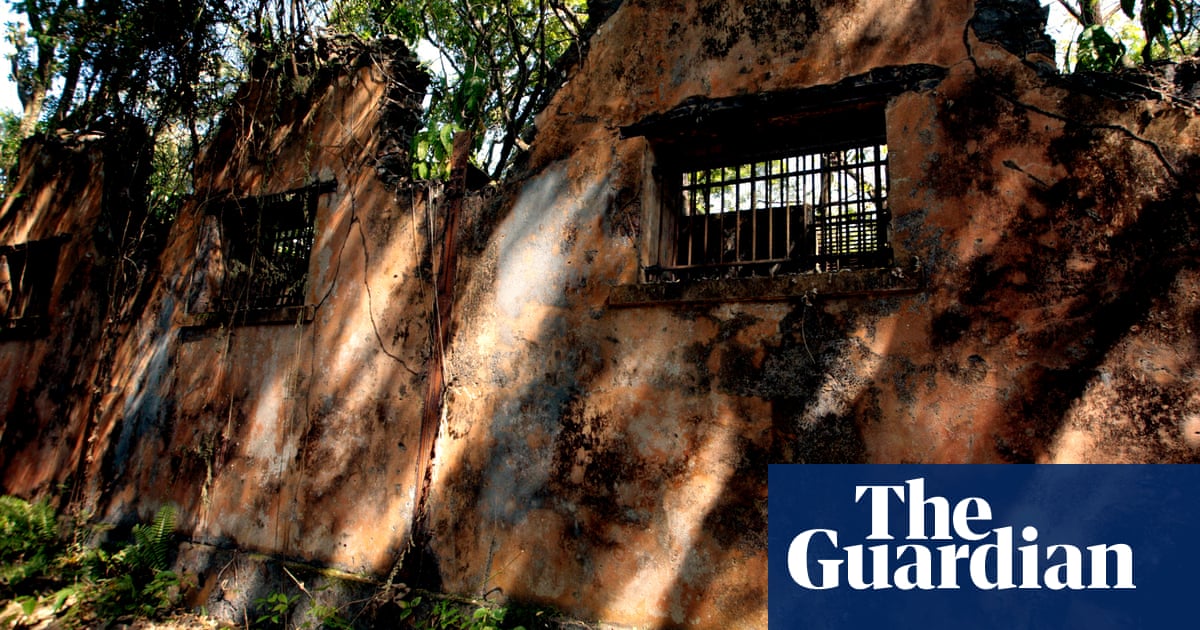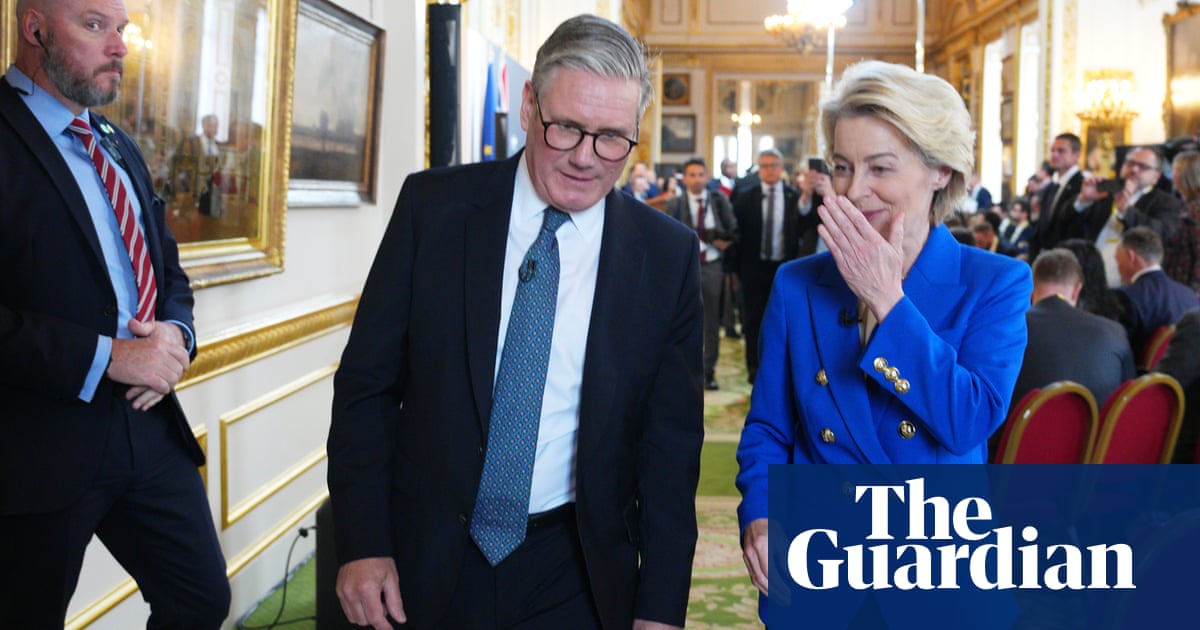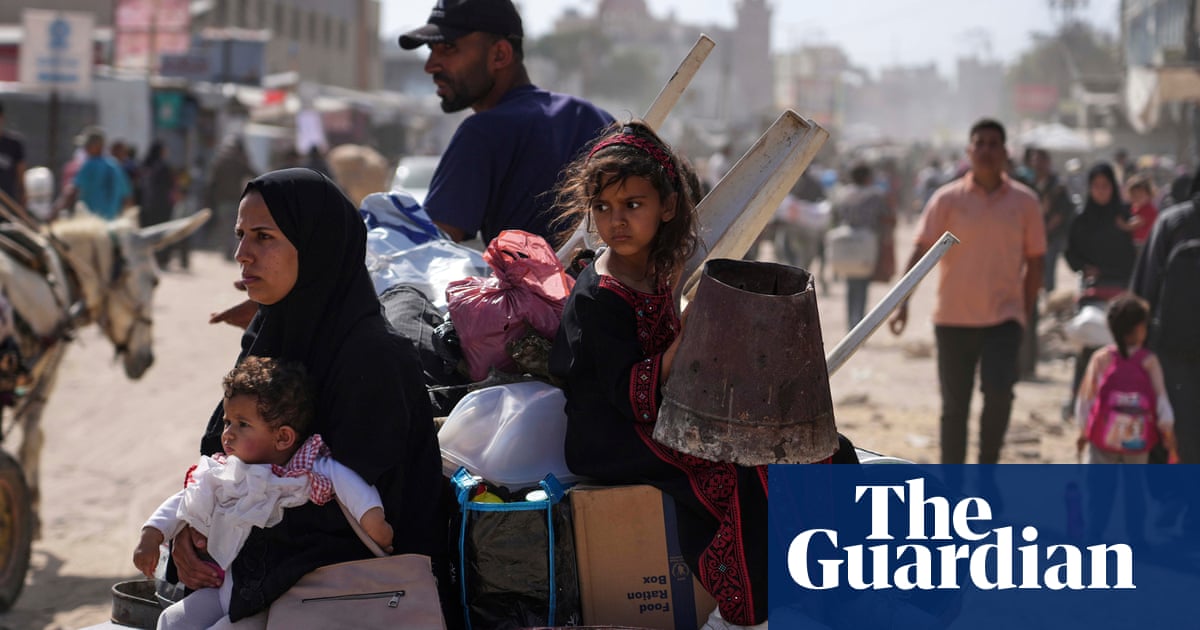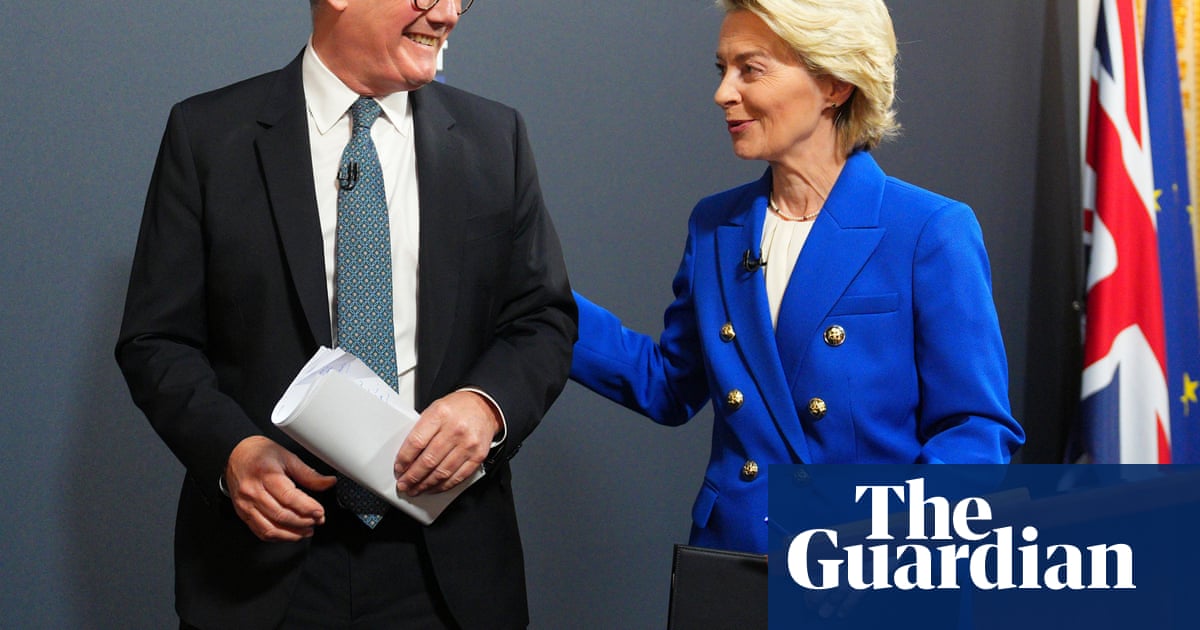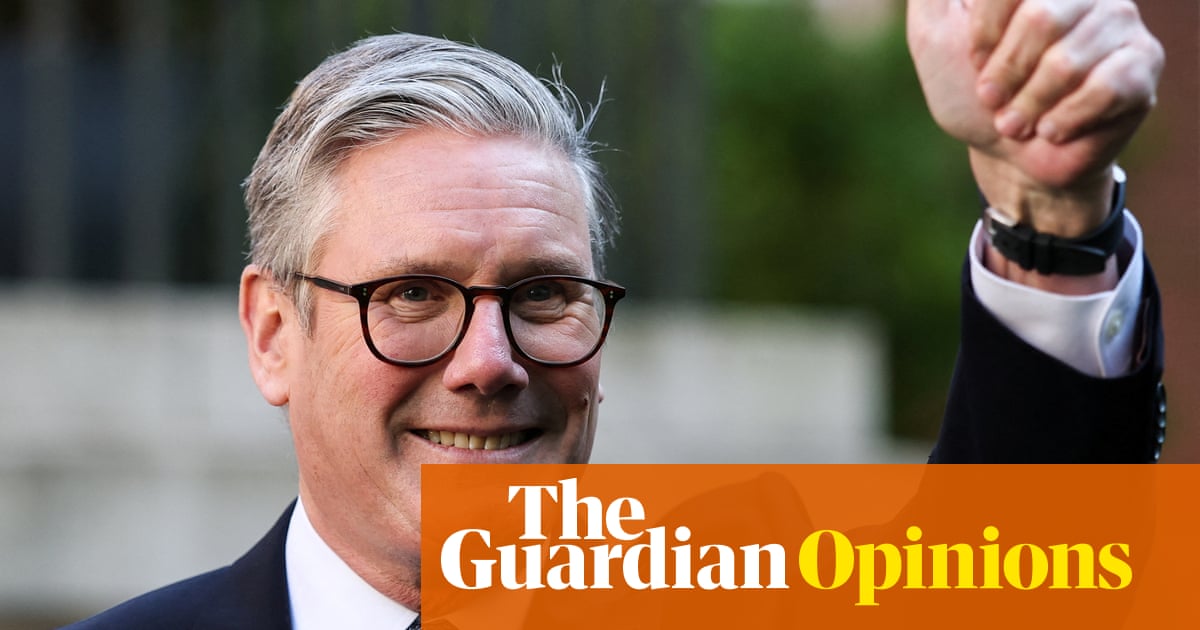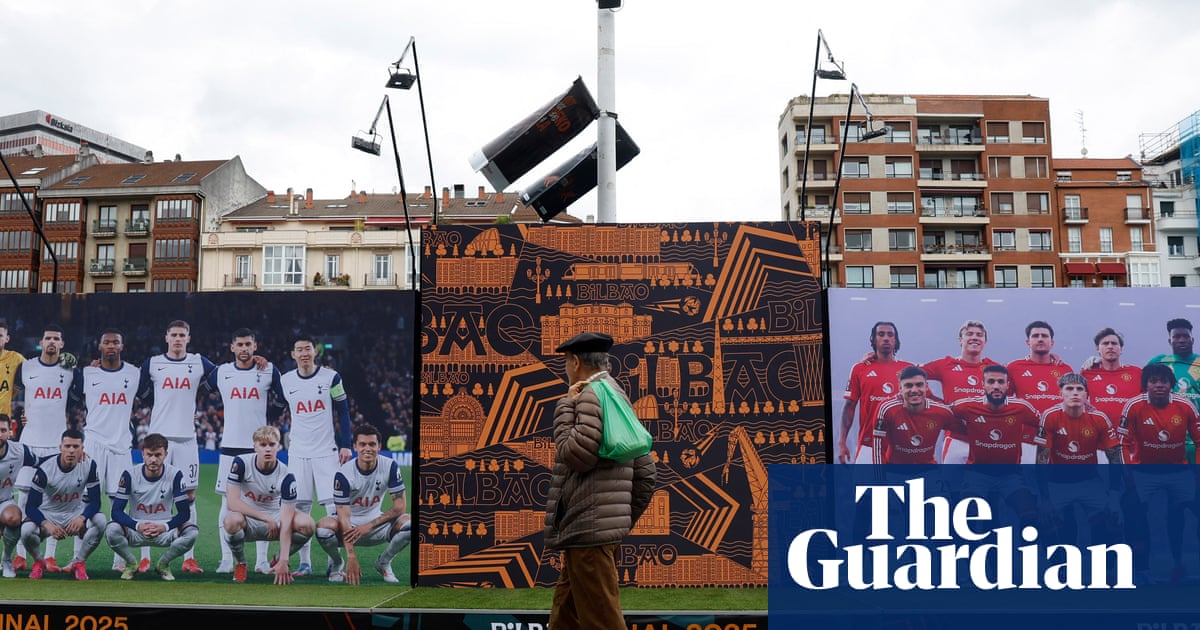As Romanians voted on Sunday in arguably the most consequential election in the country’s post-communist history, Hungary’s prime minister, Viktor Orbán, will have been preparing to welcome a fellow disruptor to the European stage. The first round of a controversially re-run presidential contest had been handsomely won by George Simion, a Eurosceptic ultranationalist who views Donald Trump as a “natural ally” and opposes military aid to Ukraine. On the back of a 20-point lead, Mr Simion, a 38-year-old former football ultra with a taste for violent rhetoric, was so confident of winning that he made a confrontational visit to Brussels in the last days of his campaign.
Those expectations were confounded in remarkable fashion at the weekend. In a dramatic reversal of fortunes, Nicușor Dan, the centrist mayor of Bucharest, benefited from the highest voter turnout in 30 years to triumph comfortably. One of the first foreign leaders to congratulate Mr Dan was a relieved Volodymyr Zelenskyy, who, in Hungary and Slovakia, already has to contend with two Putin-friendly governments on Ukraine’s western border.
First and foremost, the stability promised by Mr Dan’s victory is good news for Romania, which has been in political turmoil since the original presidential election was cancelled amid allegations of Russian interference. Having made his name as a politically independent anti-corruption campaigner, he must now attempt to unite a deeply polarised country in which inequality, graft and poor public services have proved to be, as elsewhere, a launchpad for far-right populist insurgents.
More broadly, the size of the second-round turnout – which included a huge diaspora vote – suggests that hitching a ride on the Trump bandwagon is as liable to motivate a mainstream backlash in Europe as generate Maga-style momentum. Given the global volatility unleashed by Mr Trump’s reckless, bullying style, and the dark shadow cast over eastern Europe by Vladimir Putin’s geopolitical ambitions, the strategic attractions of hugging the EU and Nato close are more readily apparent than they used to be. Handed the opportunity to turn east, a substantial majority of Romanian voters looked west.
Elsewhere though, on a “super Sunday” of three European elections, outcomes were more ambivalent and less uplifting from a progressive perspective. The centre also held in Poland, where the liberal mayor of Warsaw, Rafał Trzaskowski, narrowly won the first round of another crucial presidential election, ahead of the nationalist historian Karol Nawrocki. But the high combined vote for hard- and far-right candidates suggests that result may be reversed in two weeks’ time. One and a half years after Donald Tusk was given a prime ministerial mandate to bring Poland back into the European mainstream, Eurosceptic ultranationalism remains a force to be reckoned with.
In Portugal, a snap election triggered by the centre-right governing party saw it retain power, but was notable mainly for the record number of votes cast for the far-right Chega party. Postal ballots could yet propel Chega to second place, ahead of the Socialist party, after a dismal night for the Portuguese left.
Mr Dan’s famous victory was undoubtedly the story of the night, confounding a narrative of an inexorable rightwards shift in central and eastern Europe. But amid an ongoing cost of living crisis, and as mainstream parties echo far-right agendas on migration, the politics of Europe continue to feel anxious, polarised and alarmingly unpredictable.
-
Do you have an opinion on the issues raised in this article? If you would like to submit a response of up to 300 words by email to be considered for publication in our letters section, please click here.

 3 hours ago
3
3 hours ago
3

